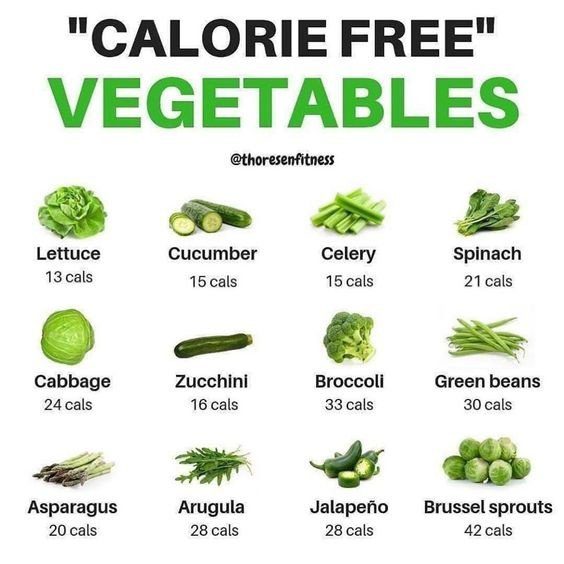
There is no scientific proof on how to lose fat quickly with supplements and meal replacement plans. However, there are certain science-backed practices that can help with weight control.
These ways include exercising, tracking calorie intake, intermittent fasting, and limiting carbohydrate intake.
1. Practicing intermittent fasting.
Intermittent fasting (IF) is a dietary strategy that includes repeated short-term fasts and eating meals in shorter bursts throughout the day.
Several studies. Accordingly, short-term intermittent fasting for up to 26 weeks is just as beneficial for weight reduction as a regular low-calorie diet.
The most prevalent intermittent fasting approaches are as follows:
- Alternate day fasting (ADF): Fast every other day and eat normally on non-fasting days. On fasting days, the modified version recommends consuming just 25–30% of the body’s energy requirements.
- The 5:2 Diet involves fasting on two out of every seven days. On fasting days, consume 500–600 calories.
- The 16/8 approach involves fasting for 16 hours and eating solely within an 8-hour window. For most people, the 8-hour window would be between midday and 8 p.m. Research on this strategy discovered that eating during a limited period caused individuals to consume fewer calories and lose weight.
On non-fasting days, it is advisable to stick to a balanced food plan and avoid overeating.
2. Eating plenty of Fiber
In contrast to sugar and starch, dietary fiber refers to plant-based carbohydrates that are indigestible outside of the small intestine. Fiber-rich diets can boost the sense of fullness, perhaps contributing to weight reduction.
Fiber-rich foods contain:
- Consume whole grains such as cereals, pasta, bread, oats, barley, and rye,
- along with fruits and vegetables,
- Peas, beans, and pulses,
- nuts, and seeds.

3. Getting a good night’s sleep (Rest)
Numerous studies have found that having less than 5-6 hours of sleep every night increases the risk of obesityTrusted Source. There are various causes for this.
According to research, inadequate or poor-quality sleep affects the process of converting calories to energy, known as metabolism. When metabolism is inefficient, the body may retain excess energy as fat. Furthermore, poor sleep can lead to insulin resistance and increased cortisol levels, both of which promote fat accumulation.
Sleep duration also influences the regulation of leptin and ghrelin, which govern hunger. Leptin communicates fullness to the brain.

4. Mindful Eating
Mindful eating is a discipline in which people focus on how and where they eat meals. This method allows people to enjoy their food while also potentially promoting weight reduction.
Most people have busy lifestyles, so they frequently eat on the go, in the vehicle, at their workplaces, or while watching TV. As a result, many people are scarcely aware of the food they consume.
Methods for mindful eating include:
- Sitting down to dine, particularly at a table Pay attention to the food and relish the experience.
- Avoiding Distractions While Eating Do not switch on the television, laptop, or phone.
- Eating slowly means taking the time to chew and savour your meal. This strategy aids in weight reduction by giving a person’s brain ample time to recognise signs that they are full, thereby preventing overeating.
- Making healthy eating choices: Choose meals high in nutrients that will keep you satisfied for hours, not minutes.
What happens if someone loses weight too fast?
Losing weight too rapidly may also raise the risk of some health concerns, such as gallstones, as well as consequences connected with improper dieting practices, such as dehydration or nutritional deficiencies.
People who lose weight quickly may be more prone to gain it back later. The CDC suggests that adults aim for a consistent, progressive weight loss of 1-2 pounds each week.
Read also: Squats Wonders: Unraveling the 4 Benefits and Answering ‘How Many Squats Should I Do a Day?



